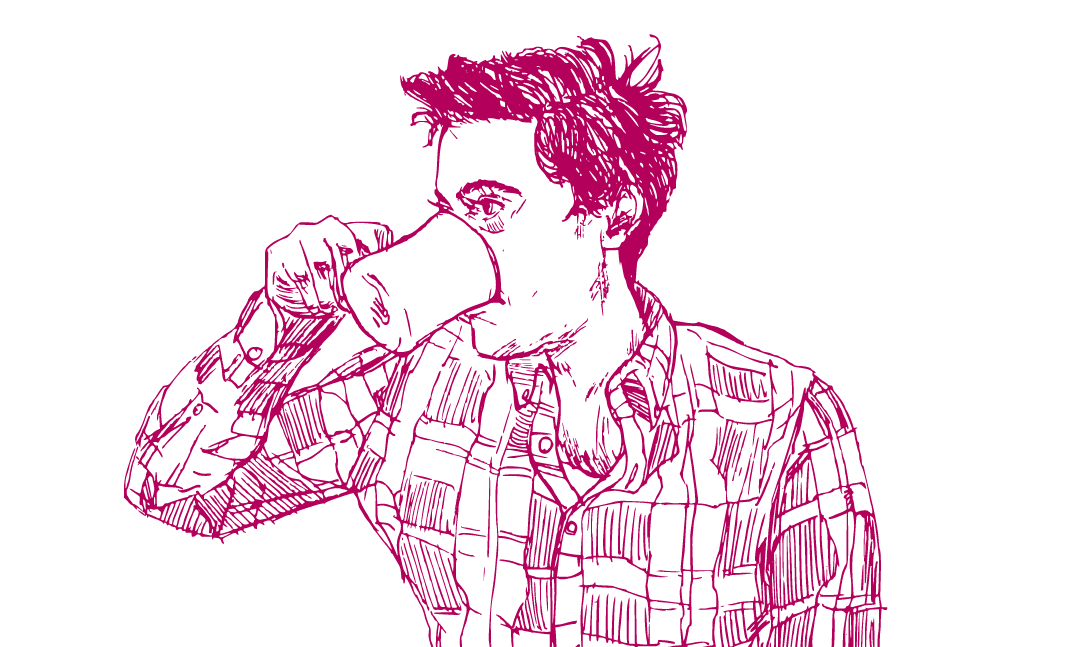The latest Star Wars move, Rogue One, is out this week. The director, Gareth Edwards explained that its title functions as a military call sign, like Air Force One, and alludes to the Rogue Squadron and Rogue Group, an important troop of Rebel fighters in the original Star Wars films. (Rogue One features Rebel spies.) Edwards also said the title nods to the fact that his movie is the “rogue” one: the first standalone Star Wars film outside the main storyline.
So that’s how Rogue One came to be so called, in part. But how did rogue get its name?
A rogue operation
The Oxford English Dictionary (OED) first documents rogue, as roge, in 1489, when it referred to a “vagrant.” Over the course of the 16th century, the sense of rogue shifted. By the 1560s, it referred to a “scoundrel,” by the 1590s an “endearingly mischievous, rascally person,” and by the early 1600s an abusive term for a “servant.”
Rogue was a favorite of Shakespeare: He used rogue, to various degrees of insult and endearment, over 100 times in his plays. Perhaps the most famous example comes from Prince Hamlet: “O, what a rogue and peasant slave am I!”
Rogue has since shed its beggarly rags and servant’s uniform. Today, rogue can name a kind of maverick who breaks with the establishment or conventional wisdom for some righteous, if rebellious, cause. We can trace the modern sense of rogue back to the phrase rogue elephant, which, by 1835, referred to an “elephant living apart from the herd and having savage or destructive tendencies,” as the OED defines it.
Up until the 1830s, rogues were lowly louts, so why would we specifically call elephants rogue? Rogue elephant, as the OED observes, may have been influenced by a phrase in Sinhalese, spoken in Sri Lanka: hora aliyā, “thievish or restive elephant.” Rogue, originally, indeed decried thieves. And in the beginning of the 1800s, rogue was also referring to wayward horses. Underlying these senses of rogue, then, is an idea of “trickiness” and “unruliness,” whether of petty criminals or strong-willed beasts.

Rogue elephants inspired the expression to go rogue, also first used of the pachyderm in 1905. Speakers transferred the behavior of rogue elephant and going rogue to other animals – including humans, of course – in the early 20th century. These phrases subsequently pushed rogue towards senses of “aberrant” and “undisciplined,” a short step away from its more positive sense of “bad boy” today. The term rogue hero, documented by 1899, may have further helped nudge rogue along.
Rogue agents
The etymology of rogue, fittingly, has itself gone rogue, shall we say. We simply don’t know where it comes from and it doesn’t seem like it wants to be pinned down. There are several theories, though:
- Rogue could have been shortened from roger, thieves’ slang for an “itinerant beggar who pretended to be a poor scholar from Oxford or Cambridge,” according to the OED. Perhaps this roger, first attested in 1536, could have derived from slang uses of the name Roger. While the meaning of roger fits rogue, the timeline and pronunciation pose problems.
- Rogue could have come from Latin’s rogāre, “to ask,” seen in English words like interrogate and abrogate. Here, etymologists cite classical examples where the noun form, rogātor, was used for “beggar.” Perhaps Latin’s rogāre influenced the aforementioned slang, roger, or English in some way borrowed the term directly?
- Rogue could have derived from a Celtic word, such as the Breton rog, meaning “haughty.” It’s unclear, though, how the “arrogance” of rog became the original “mendicancy” of rogue.
- Middle French had rogue, meaning “arrogant,” apparently not from the Breton rog but from a Scandinavian root, like the Old Norse hrōkr, “arrogant.” (Philologist Walter Skeat notes that hrōkr literally meant “rook,” a particularly noisy kind of crow.The OED, meanwhile, points to the Old Icelandic hroki, “the heap above the brim of a full vessel, hence “overbearing.”) Most etymologists dismiss this etymology, though some add that the spelling of the French rogue may have influenced the English.
Even etymologies need to rebel sometimes, it seems.

Leave a reply to Amy Caudill Cancel reply